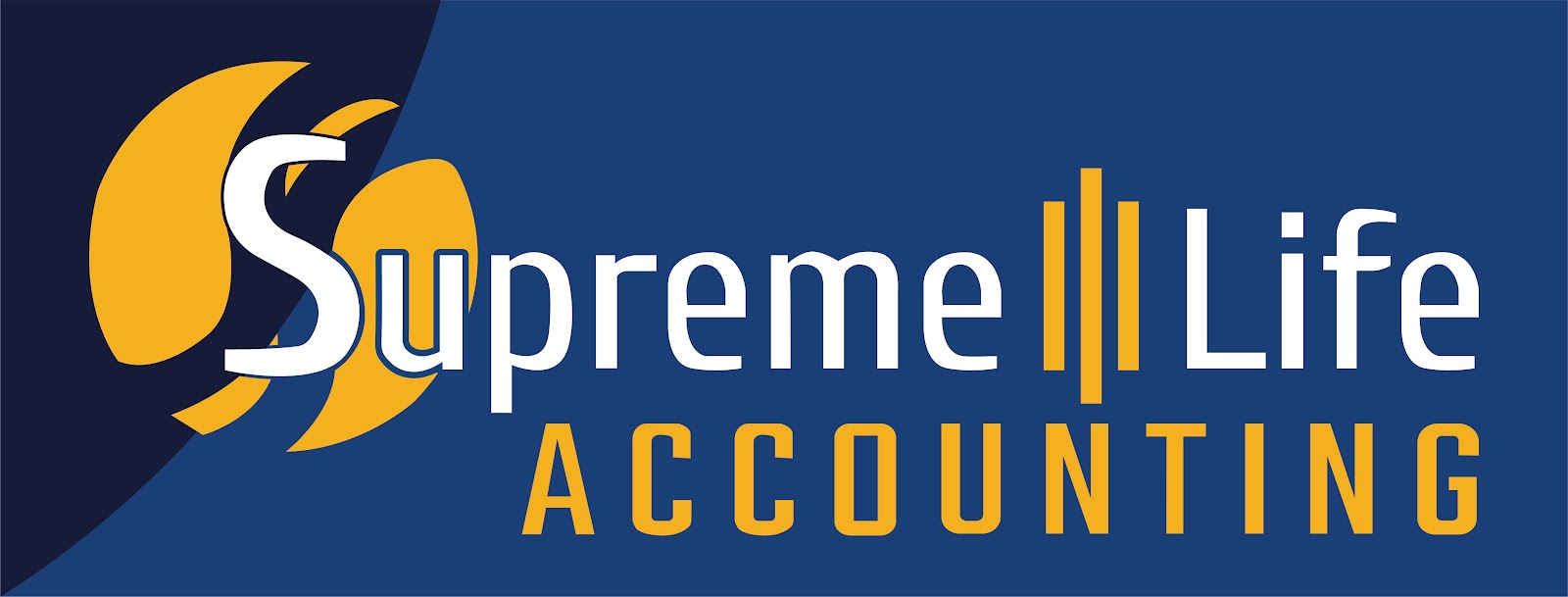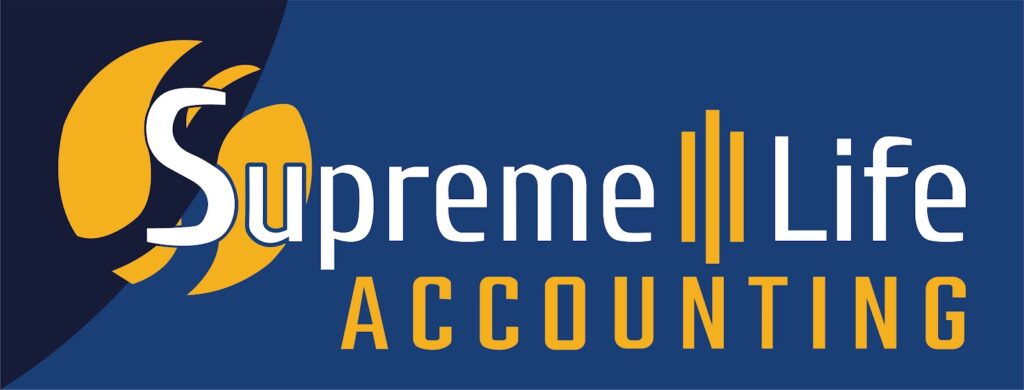What does the Thai personal income tax mean?
Personal income taxes are levied against an individual’s income as a result of:
Benefits obtained in Thailand, whether monetary or non-monetary (paid in or outside Thailand)
Money brought into Thailand within a year from a foreign source
Non-residents are only required to pay personal income tax on their income if they receive their benefits in Thailand.
Who in Thailand is regarded as a tax resident? Each year, both residents (those who spend more than 180 days in Thailand in a single tax year) and non-residents must apply for a personal income tax ID and file a personal tax return.
Thailand’s taxable income types:
In Thailand, there are many categories for assessing income:
Income from employment, includes income, salary, bonus, gratuity, pension, house rent allowance, monetary value of rent-free residence provided by an employer, payment of debt liability of an employee made by an employer, or any money,
Property or benefit derived from employment
Income from job, employment offices, or services
Income from a company’s goodwill, copyright, franchise, patent, or other rights Revenue from interest payments, dividends,
Investor bonuses, gains from mergers, acquisitions, or dissolutions of partnerships or corporations, or gains from the sale of stock
Property lease, violation of a hire-purchase contract, and installment sale deal
income from the liberal arts, engineering, architecture, accounting, and other professions
Income from a work agreement where the contractor is responsible for supplying all necessary materials other than tools
earnings from commerce, business, agriculture, transportation, or any other activity not already listed
Capital gains, as stated in the fourth point, are taxed as regular income. Capital losses cannot be used to offset capital gains, as is the situation in many other nations.
The capital gains are not always taxable, and there are three exceptions:
Income from earnings and salaries, including any perks offered by the company (such as stock option income, employer-paid personal income taxes, living expenses, the value of rent-free housing, etc.), but excludes costs for business travel and medical care.
Gains on the selling of debt instruments or government bonds that don’t pay interest (although there are exceptions)
Selling government bonds might result in capital gains.
Contact us for more info



